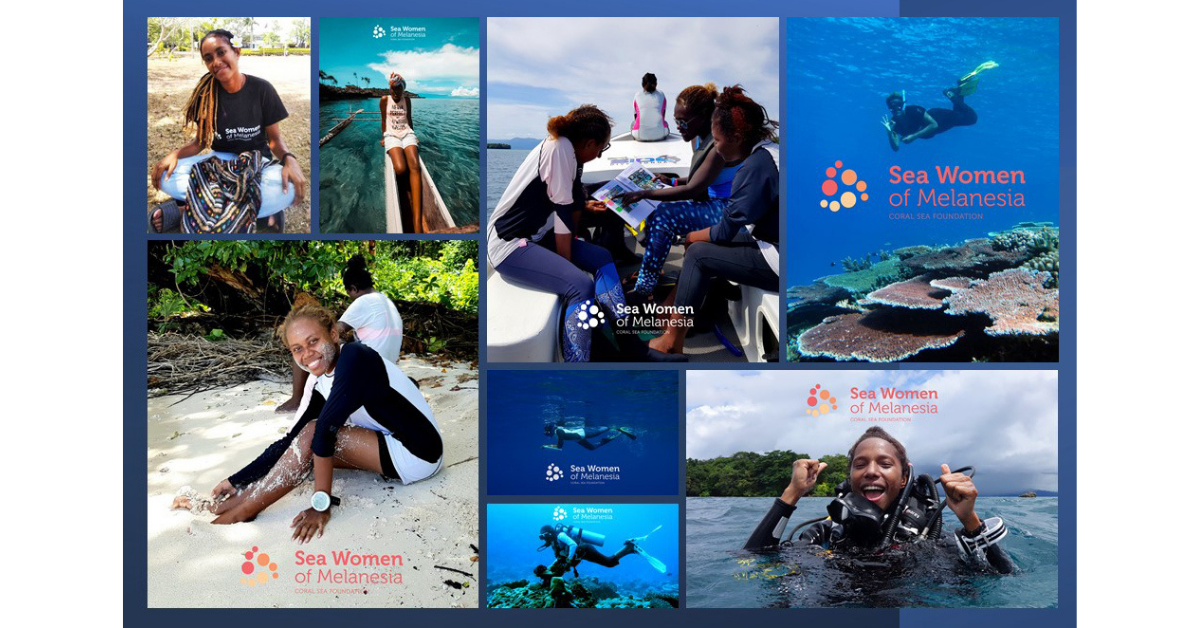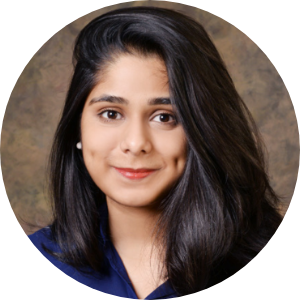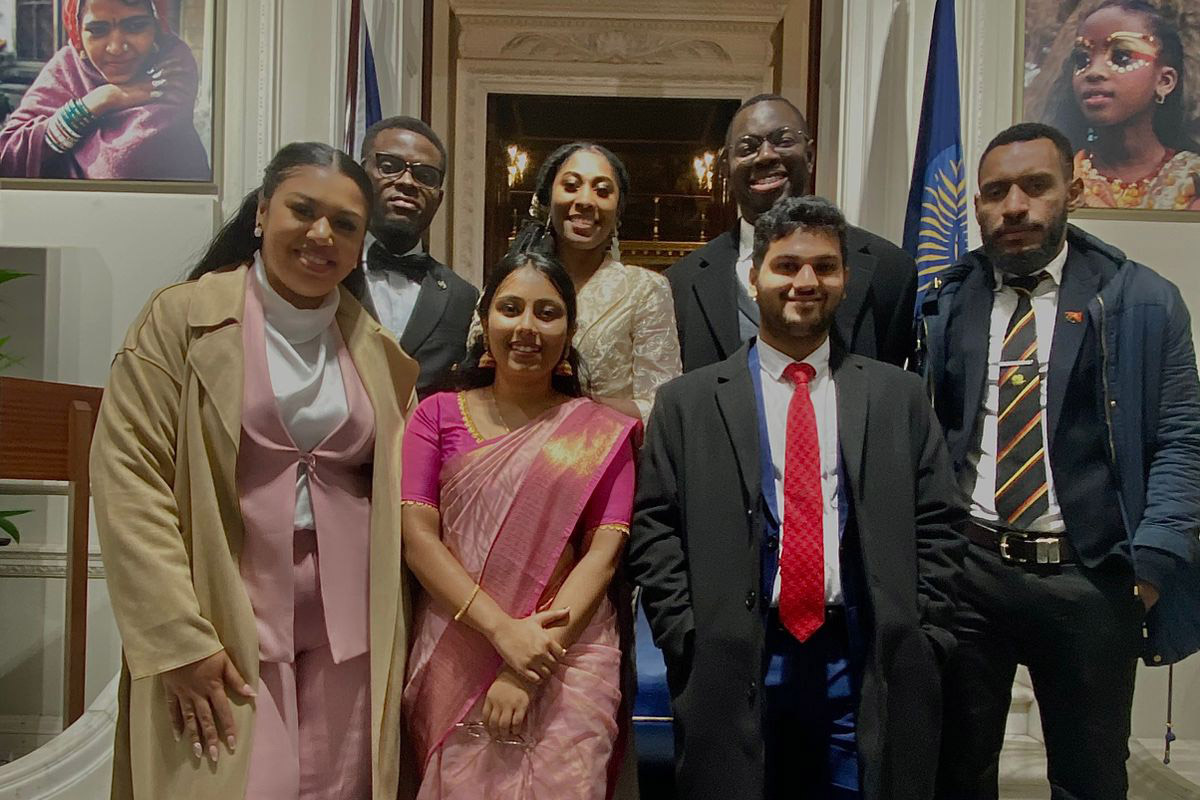Coral reefs are “too precious to lose”
April 8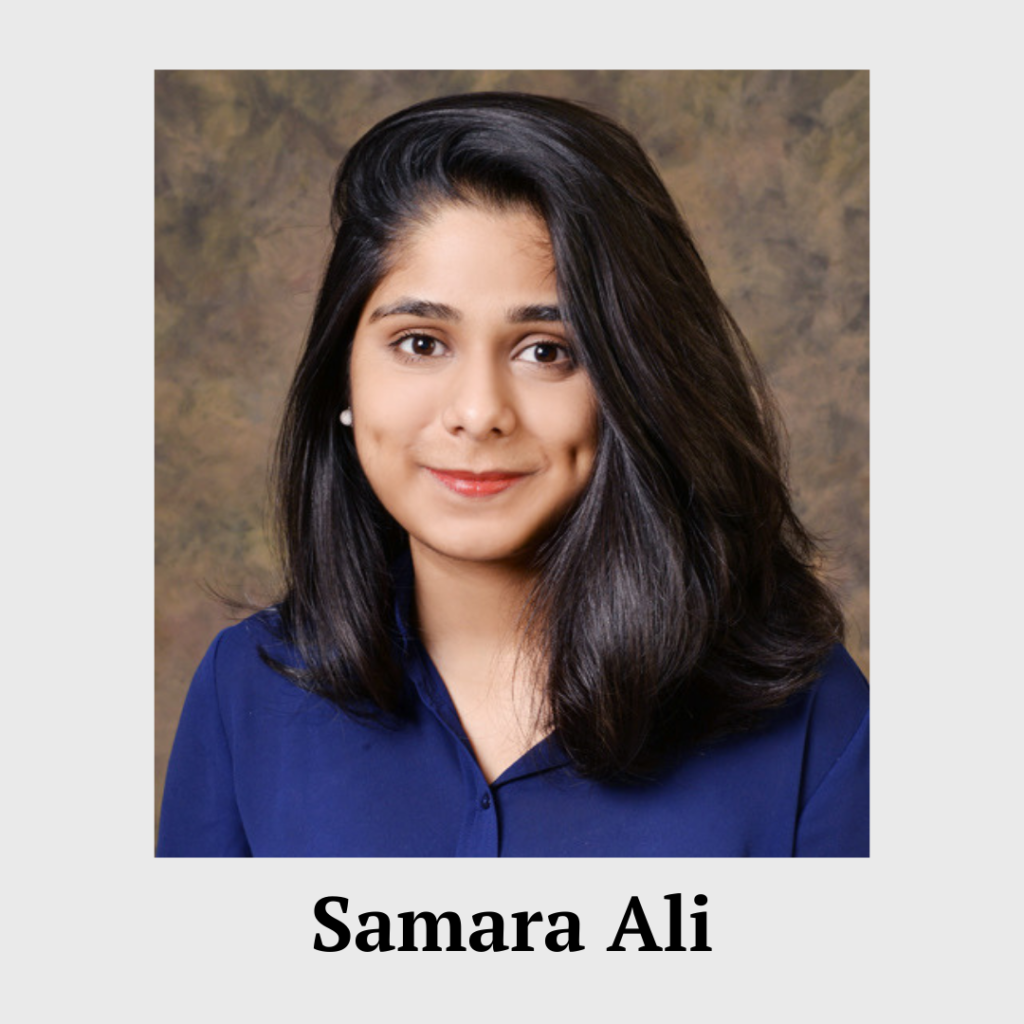
Coastal communities in the Pacific depend on the sea to thrive. Without healthy coral reefs, these fishing communities risk losing a vital source of food and income. Naomi Longa, Director and Coordinator for Sea Women of Melanesia (SWoM) has been leading young women in Papua New Guinea and the Solomon Islands underwater to protect their coral reefs for the current and future generations. Indigenous women from over 25 coastal communities have been empowered by this programme. Naomi Longa was one of twenty finalists in the 2022 Commonwealth Youth Awards for her work. 27-year-old Samara Ali, a Commonwealth Correspondent from Pakistan spoke to Naomi about her marine conservation work.
They are “too precious to lose” – that’s the simple but powerful conviction about the coral reefs that drives Naomi Longa – the director and coordinator for Sea Women of Melanesia (SWoM). The youngest of six children, Naomi has always been passionate about the conservation of coral reefs and has always valued the role of coral reefs in the lives and livelihoods of coastal communities.
Naomi has played an important role in training more than 25 women in SWoM programmes in Milne Bay, Kimber and Munda, and delivered presentations on the role of local women in marine conservation at international events in Port Moresby, Sydney and Perth. Through the Sea Women of Melanesia, she has been able to contribute to the empowerment of women in Papua New Guinea.
The sense of purpose that she has derived from her marine conversation work is deeper than the ocean.
Naomi Longa delved into her journey at SWoM when we interviewed her:
When did you get involved in the Sea Women of Melanesia?
The Sea Women of Melanesia was started in 2016, by Dr Andy Lewis, from Papua New Guinea, and I joined the programme in 2018 when I graduated from the University of Papua New Guinea. My father is a great fisherman and we used to spend a lot of time in the ocean fishing so my interest [in the ocean] started at a very young age.
Why is this project important to you?
We are living in a country that is easily affected by climate change and most of our life is affected by the sea. We depend on [the ocean] for a lot of our resources so every time I come around it, I think about the future, and about preserving the ocean for the upcoming generations. It’s very important for me to lead this conservation [effort]to help my community and my people.
Naomi has played an important role in training more than 25 women in SWoM programmes in Milne Bay, Kimber and Munda, and delivered presentations on the role of local women in marine conservation at international events in Port Moresby, Sydney and Perth. Through the Sea Women of Melanesia, she has been able to contribute to the empowerment of women in Papua New Guinea.
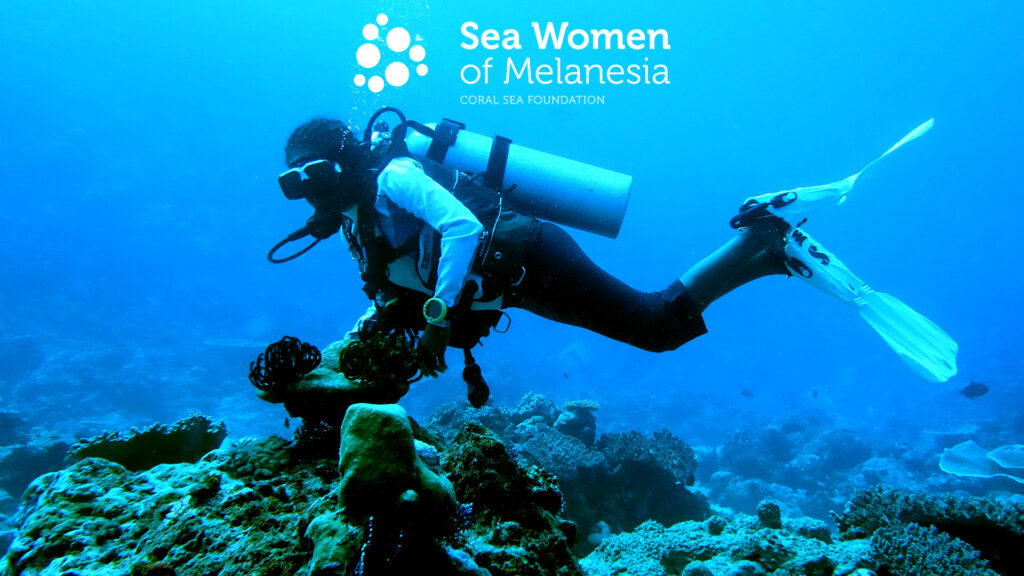
What kind of training do you give to the women?
We engage women in our local communities and train them to work with basic coral reefs. We help them identify ideal areas for marine reserves so they can go back to their own communities and build awareness about marine reserves to help their communities.
Tell me a bit about the challenge Sea Women of Melanesia has faced?
In my country, we have a patriarchal society, hence growing up, men are thought to be the natural leaders. For us as women, trying to build an outreach is difficult. However, I’m glad that most of the communities I visited are very welcoming – they let us talk and discuss the issues, so I can happily say that the times are changing, and people are now more open to accepting our voice.
How is Sea Women of Melanesia contributing to gender Equity?
In my country, we have a patriarchal society, hence growing up, men are thought to be the natural leaders. We encourage women to take leadership roles in the community. I feel that through the programme, we can empower more women, and as soon as they are confident to take up leadership roles, we hope to see a domino effect. I learned that there are studies in developing countries in Africa, that mention that if you educate women, a lot comes along with it – the death rate comes down, as does domestic violence, while small businesses will start to grow. Women will also make better decisions about the conservation of natural resources such as coral reefs.
Photo Credit: Naomi Longa
About the writer: Samara Ali is currently a graduate student who has always harboured an interest in speaking on current issues through her writing. I hope to contribute greatly to the missing Pakistani narrative in a world bustling with opinions.
The Commonwealth Youth Awards for Excellence in Development Work highlight the difference young people are making in their communities and applaud their contributions to the Sustainable Development Goals (SDGs)
